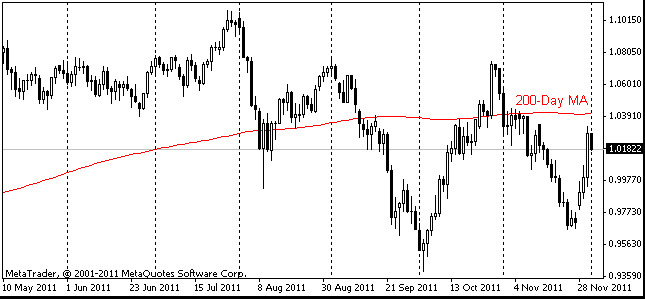EUR/usd
As it turned out, the very change of the status of the eurozone finance ministers meeting into a conference call signaled that no serious decisions would be taken. The lenders preferred to postpone the decision on the 130 billion allocation to the EU summit on February 20. It served as a sort of punishment for the political game of the Greek opposition. As has already been discussed, earlier this week Samaras, the leader of the New Democracy Party, mentioned that Greece would observe the severe austerity measures only for a couple of months. It was a purely political trick. And though Samaras wrote a letter of apology on this issue and vowed to honour the terms of the agreement, the Europeans didn't find the joke funny. Now politicians promise to help Greece to avoid default in March, but are not very eager to enter into a long-term commitment. The lenders require a tighter control. It looks as though the Northern countries didn't want to see Greece in the euro area at all and that's why lay down harsher and harsher conditions, waiting when Greece refuses to fulfill them. A compromise is also possible: the country will be allocated the money required to keep it afloat and meet the obligations, but the size of allocations will be agreed on beforehand each time and the very fact of allocation will depend on how well Greece will be implementing the reforms. It's quite logical that the euro should decline on such news. The single currency has already fallen down to 1.3010, its lowest level since late January. Even the data on the EU GDP, which actually exceeded the expectations, couldn't help the euro. The decline in the fourth quarter made 0.3%. Germany lost 0.2% against the expected 0.3%. Compare it with the U.S. GDP growth of 0.7% over the same period.

GBP/USD
The data on the British labour market didn't manage to smooth over the news background. The number of people on the dole increased by 6.9K in January. This indicator has been, albeit slowly, but steadily growing for eleven months in a row. It is noteworthy that this growth is the result of austerity measures, since exactly public employees are losing their jobs for the most part. Taking the long-term view, this is a good trend, which is welcomed by the Investor's community, but is hardly to the liking of voters, many of whom are burdened with large debts. The British private debt relative to GDP is one of the highest in the world because of the previous housing bubble. Apart from the statistics on the labour market the traders' attention was caught by the BOE's Inflation report. The BoE's King couldn't but make a point about the slowdown in inflation and promise its further decline this year. However, he also had enough self-criticism to note that the slowdown in price growth “in the next couple of quarters” had been forecast by the Bank in the last six Inflation Reports, published once a quarter.

USD/JPY
The Japanese currency, as expected, took a break after a strong slackening. The USD/JPY really needs to have some rest and pull up stops after rallying from 76 to 78.50. Earlier in August and late October the pair already was that high, but then its movement was forced artificially. However, even under such “incubator” circumstances the USD/JPY didn't manage to show any significant growth.

AUD/USD
Although the internal statistics was quite good tonight, the aussie got a hit with a hammer on the decline in risky asset demand provoked by the Greek news. The labour market eventually managed to overcome a two-month weakness of its own and added 46.3K jobs in January. It's a bit more than was lost in the previous two months. Unemployment rate has decreased to 5.1%, though the greatest progress has happened in the part-time employment sector and thus left room for skeptics' creativity. But this time the Aussie largely depends on the external news.
